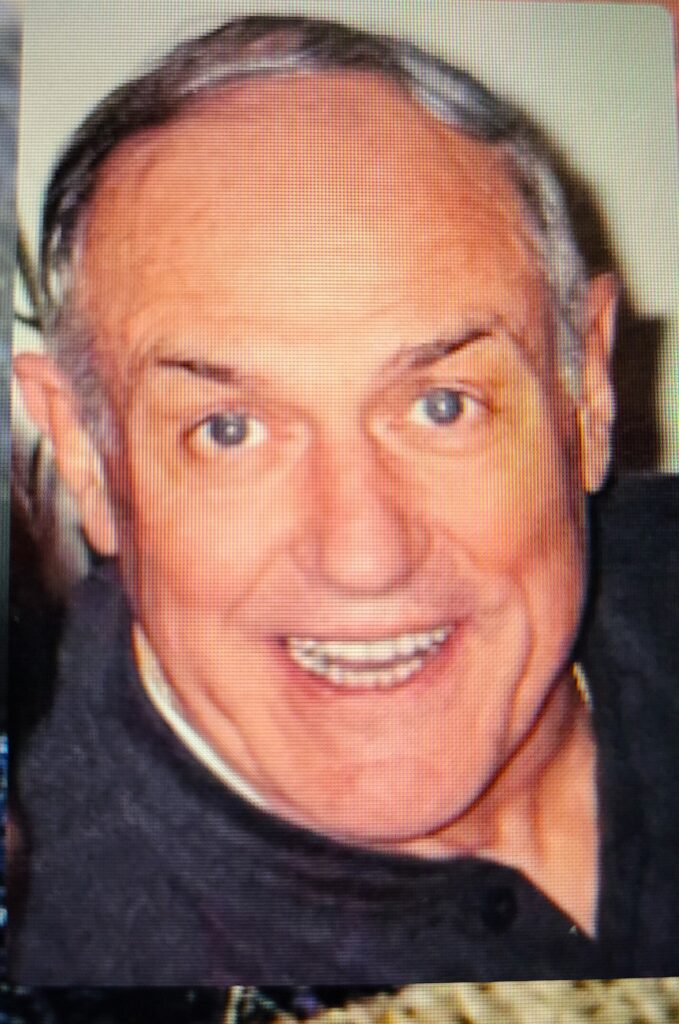
(For the audio version of this blog, please visit: https://brothersinchristcmf.org/wp-content/uploads/2024/10/Mass-Blog-forThe-Solemnity-of-Our-Lord-Jesus-Christ-King-of-the-Universe-2024.mp3)
Centuries ago, religious scholars didn’t believe “King” was a worthy description for an almighty God—a God who [they reasoned] “should have immediate and direct providence over everything.” Kings had to rely on knights to get things done, after all. So even by taking God the Father out of the picture, one wonders why He would send God the Son to be King of earth, let alone the universe.
Saint and scholar Thomas Aquinas answered this and many other challenges to our King’s omnipotence via his three-volume “Summa Theologica.”
“It pertains to a king’s dignity to have ministers who execute his providence,” he reasoned. … “[God] governs things inferior, not on account of any defect to His power, but by reason of the abundance of His goodness—so that the dignity of causality is imparted, even to [His] creatures.”
Joe O’Brien was one of God the Son’s modern-day ministers of cause and effect. He was also a disciple of ancient agents of God like Aquinas, Augustine, Aristotle, Socrates, and Plato. Joe passed away recently at 94, but his mind was always keen enough to absorb not only works like “Summa Theologica,” but the Scriptures from which the readings for The Solemnity of Jesus Christ, King of the Universe, were taken. In all three readings, Godly kingship is celebrated—
From Daniel’s vision of Christ’s coming (“I saw one like a Son of man coming … [receiving] dominion, glory, and kingship; [and] all peoples, nations, and languages serve him.”) (Dn 7:13-14),
Through the Book of Revelation: (“[He] has made us into a kingdom, priests for his God and Father.”) (Rv 1:5-8),
To John’s gospel, in which Pontius Pilate became one of the first to confuse Christ’s universal Kingship with earthly kingship (“Are you the king of the Jews?”) (Jn 18:33b-37)
Jesus tells Pilate the scope of his Kingdom: Truth.
“Everyone who belongs to the truth listens to my voice,” he tells Pilate and us.
Joe O’Brien was a philosophy major at Notre Dame University, but he spent the rest of his life absorbing and dispensing the wisdom of Christ’s simple but challenging truth. By how Joe lived—from student, to soldier, to teacher, to coach, to humorist—Joe taught everyone who knew him why the Scriptures should be the cornerstone of their lives. That cornerstone should also be surrounded by bricks of faith formed by the teachings of Christ the King’s subjects throughout history.
To the very end, Joe contributed his time and talent to the good works of The Knights of Columbus Lafayette Council, the St. Michael’s Holy Name Altar & Rosary Society, and to other ministries playing an important role in the faith life of the people into whose lives God put Joe. For example, before he left this world to enter God’s kingdom, he gifted his three-volume set of Summa Theologica to this blogger.
By our King’s permission, you and I are executors of His providence, just as Joe O’Brien was. The miracles of Joe’s scholarship and knighthood are available to all who strive to be God’s subjects—for God’s truths are hidden in our lives like Easter eggs. As Aquinas wrote, “The very hiding of truth in figures is useful for the exercise of thoughtful minds.” That was Joe O’Brien, and he is the model of what it means to be a worthy Knight of God the King.
–Tom Andel
Many of us encounter people in our lives that we recognize right away as good or stand-up people.
I met Mr. O’Brien in 7th grade as a school counselor. He struck me right off as a man who was likeable and trustworthy. I sensed that in him when I was 13. Over the next 50+ years, nothing changed. What you saw was what you got. I didn’t know at the time what a faithful man Mr. O’Brien (I couldn’t bring myself to call him Joe) was and how Christ was a focal point in his life.
Not surprised by this. As I said, what you saw was what you got. A man to emulate, to be sure.
RIP Mr. O
Agreed, Thomas. He didn’t wear his scholarly credentials as a suit of armor to separate himself from others. He applied it to strengthen a faith that helped him help others. He lived the life of a Knight dedicated to a Servant King.
Thank you Tom for connecting the life of this holy man to Christ the King.
That connection was made long before this, Ron. Thanks.